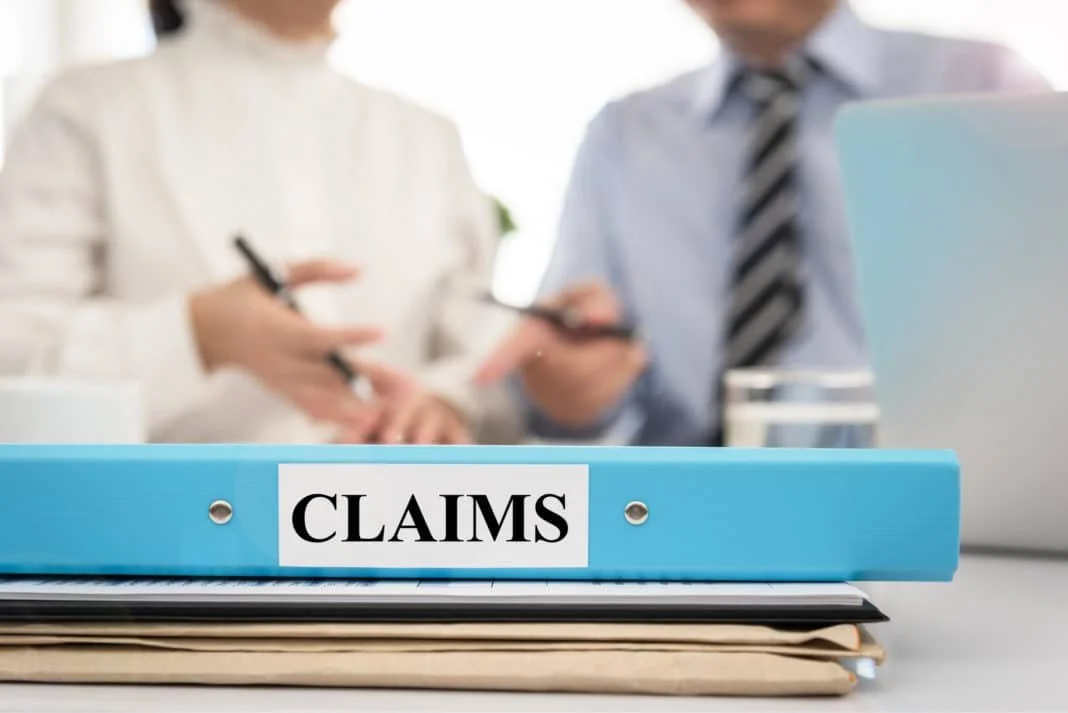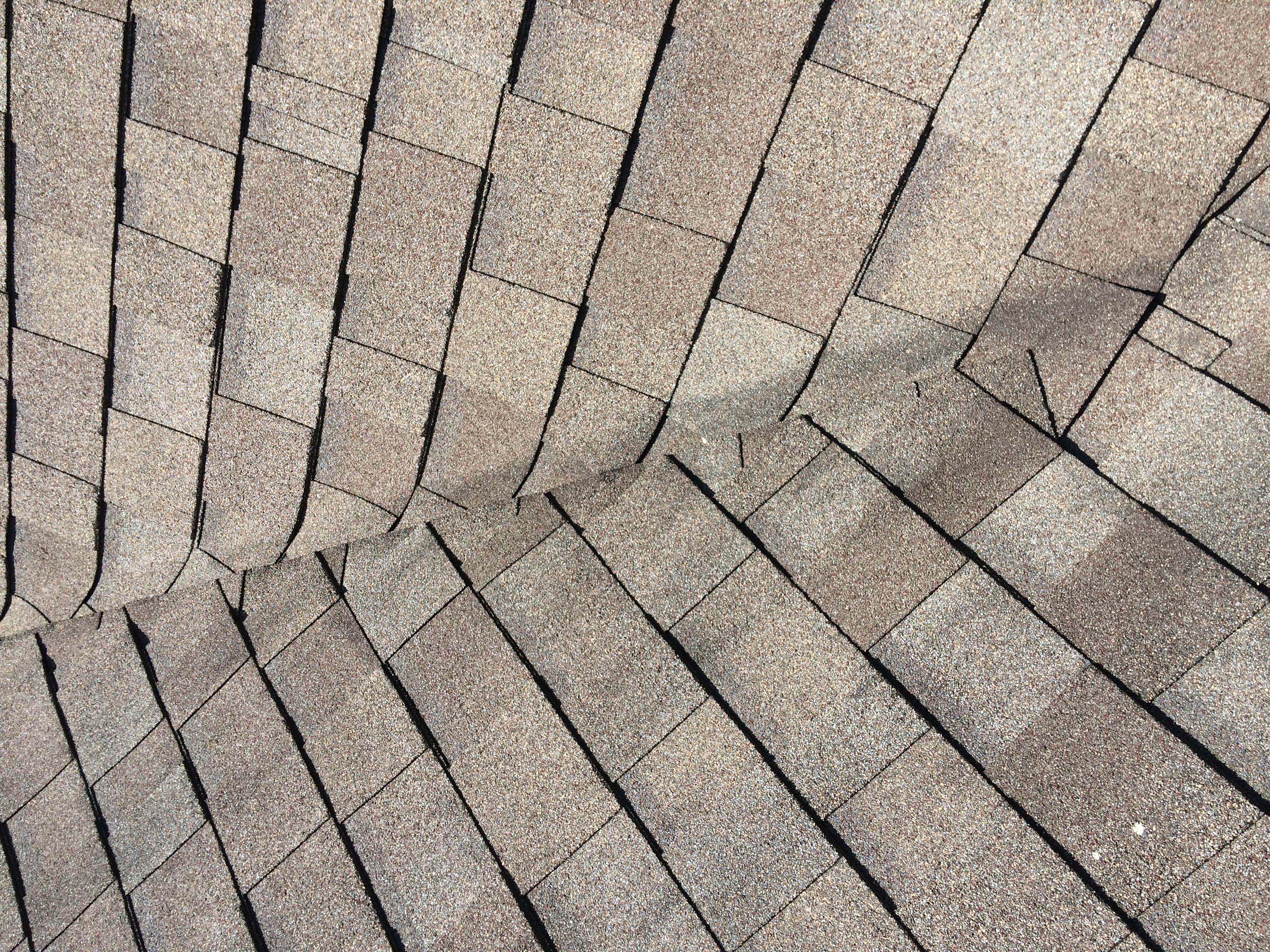



FORGET WHAT YOU KNOW
FORGET WHAT YOU KNOW
WHAT YOU'VE LEARNED, COULD BE WRONG...
Don't let past experience or other peoples experiences influence your decision. The process of getting a new roof on your house can be a pleasant experience and should make you, the homeowner, very proud of the finished product. Give us a chance to change your reality...all we ask is that you FORGET WHAT YOU KNOW.

NOW WHAT
NOW WHAT
SOMETHING NEEDS ATTENTION
Using these pictures as examples, do you see any issues? How old is your roof, do you have leaks, is there a "sandlike" substance in your gutters

Insurance?
When do you call them? Should you call them at all?
Insurance?
When do you call them? Should you call them at all?
When your home is damaged, it can feel incredibly overwhelming. There are many factors to consider, and the process can quickly become stressful.
To help you stay organized, here’s a list of important things to keep in mind when dealing with potential damage to your home.
Will this damage cost me additional money if it is not addressed?
Will this affect the value of my property?
Can I afford to not fix the damage?
Will my rates go up after I file a claim?
Do I call my agent?
Which contractor can I use?
Do I have to get three estimates or bids?
How much will I be out of pocket after the insurance company pays for the repairs ?
Is it legal for a contractor to cover my deductible?
How long does it take to get the repairs completed?
What is an “ACV” policy or an “RCV” policy?
I am only getting a small amount of money for my claim?
All these are valid questions, lets try to answer them for you.
Will this damage cost me additional money if it is not addressed?
It very well could. If you have damage that has penetrated your structure there additional damage could be a reality. If you have a leak in your home, that means that most likely there is additional damage somewhere else. This type of damage needs to be addressed as soon as possible.
Will this affect the value of my property?
Again, it very well could. If you try to sell your property and the damage has not been addressed then the value of your home would most likely decrease due to additional repairs that the new homeowner might be responsible for.
Can I afford to not fix the damage?
Depends on your situation. If you plan on living in this house for the rest of your life, then maybe its not that big of a deal to leave the damage, however, we would refer you back to question #2
Will my rates go up after I file a claim?
Most likely, but so will everyone else in your current zip code. If there is a storm and “everyone is getting a new roof" then there will be a “rate up.”
A "rate-up" refers to an increase in the premium for an insurance policy, often due to a perceived higher risk associated with the policyholder. This means the insurer charges a higher premium to cover the increased likelihood of a claim or payout."
If a "rate increase" occurs, it typically applies to everyone in a given ZIP code, regardless of their insurance provider. In Oklahoma, this is common due to the frequency of severe weather events like tornadoes, hail, and high winds. With that in mind, it makes sense to go ahead and file your claim—since you're likely to see a rate increase whether you file or not.
Do I call my agent?
That’s entirely your decision, but we typically recommend not calling your insurance agent directly. Like insurance companies, agents are in business to make a profit—and fewer claims or lower payouts mean more profit for them. A good agent will support you through the claims process, but others may try to steer you toward alternative ways of handling the damage that aren’t in your best interest. We suggest calling your insurance company’s dedicated claims number and going through the process with them directly. Your agent will be notified eventually either way.
Which contractor can I use?
You can use whichever contractor you choose to use. It is illegal for an insurance company to push you in a certain direction. This process is called “Steering.”
Insurance steering is when an insurance company directs a policyholder or claimant to a specific contractor, often one in their network, potentially limiting the customer's choice of where to get their damage fixed. This practice is often done to steer customers towards contractors that offer lower prices or faster service, but it can negatively impact the quality of repairs or lead to higher costs. While it can be a common practice, it's often illegal in many states
You will get the same money from the insurance company, no matter who you chose to do the repairs. Use the contractor that you feel comfortable with. Speak with family and friends and get their recommendations.
Do I have to get three estimates or bids?
Absolutely not! Think about it—if you get three estimates and the insurance company chooses the cheapest one, they end up paying less for your repair. But legally, they’re required to pay you a set amount based on the coverage outlined in your policy. The only way they can pay less is if you submit a lower bid from a contractor willing to do the work for less. Either way, you still have to pay the same deductible. Your goal should be to get the full amount you're entitled to for your repairs—and work with the contractor you trust, not just the cheapest one.
How much will I be out of pocket after the insurance company pays for the repairs ?
You should only be responsible for paying your deductible. The only additional costs you might incur would be for repairs or upgrades that aren’t covered by your insurance policy. For example, your insurance company will pay to replace the same type of roofing material (such as standard shingles) that was on your home before the damage occurred. If you decide to upgrade to a higher-quality or different type of shingle, you would be responsible for the difference in material costs—and possibly additional labor expenses as well.
Is it illegal for a contractor to cover my deductible?
Yes, Oklahoma house bill 1940 made it illegal for a contractor to pay or “waive” a deductive and it is considered insurance fraud. There are other way to help with the deductible such as payment plans or adjustments to the any additional work that may need to be performed. Click here to read the bill. This bill went into affect on November 1st, 2022.
How long does it take to get the repairs completed?
That depends on several factors, including your insurance company’s processing time, the availability of materials, and your contractor’s workload. If you're dealing with the aftermath of a major storm, it’s important to be patient—many delays are beyond the control of both the insurance company and your contractor.
What is an “ACV” policy or an “RCV” policy?
ACV – Actual Cash Value
Definition: Pays out the depreciated value of your damaged property.
What it means: The insurance company will calculate how much your property was worth at the time of loss, taking into account its age, wear and tear, and depreciation.
Example: If your 10-year-old roof is damaged, you’ll receive a payment for what that 10-year-old roof is worth today—not what it would cost to replace it new.
RCV – Replacement Cost Value
Definition: Covers the full cost to replace damaged property with new materials of similar kind and quality, without deducting for depreciation.
What it means: You’ll typically receive two payments:
The ACV payment up front.
The remaining amount (called recoverable depreciation) after the work is completed and proof of cost is submitted.
Example: If your roof is damaged, you’ll be reimbursed for what it costs to replace it with a new roof, assuming you complete the repairs.
An RCV Policy is always they better way to go. It may cost more upfront but when you have a major claim it will keep you from having to come up with large amounts of cash to complete the job.
I am only getting a small amount of money for my claim?
Most likely due to having a ACV or Actual Cash Value policy. In order to complete the work, you will need to come up with the difference or the insurance company may not renew your policy.










